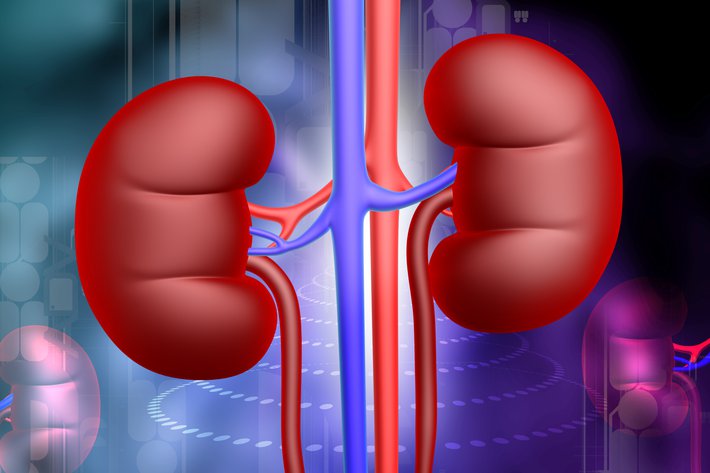Unfortunately, chronic kidney disease is common among elderly people or even those over 60 years. The deterioration of kidney function leads to kidney failure, which requires intense and permanent medical treatment. That’s why it is critical to diagnose kidney problems early and start managing them.
If you have elderly adults in your family, it is high time to get acquainted with all the main causes and signs of poor kidney function. When you know them, you can notice the first signs quickly and start treatment.
The causes of poor kidney function
Seniors are always at a greater risk of kidney disease due to a number of factors. The causes of decreased kidney function for the elderly include:
-
Cardiovascular and heart diseases;
-
Medication treatment including NSAIDs and antibiotics;
-
Hypertension;
-
Obesity;
-
Diabetes;
-
Blood clots;
-
Intoxication;
-
Lupus;
-
Kidney stones;
-
Some types of cancer.
Most of these could cause kidney disease in any individual, but the elderly usually have complex health problems which together affect kidney function. That’s why it is important to monitor kidney function indicators and notice signs of trouble.
The crucial signs of poor kidney function
Pay attention to these symptoms being exhibited by seniors:
-
Fatigue;
-
Vomiting;
-
Loss of appetite;
-
Problems sleeping;
-
Swelling in the feet and legs;
-
Chest pain;
-
Confusion;
-
Shortness of breath;
-
Less urine during urination.
Some of these symptoms may be the result of other diseases, or sometimes you will see no clear signs of kidney disease. So, always check the indicators of poor kidney function in the elderly and try to make improvements before it’s too late. How? Continue reading.
What to do?
Elderly people are at an elevated risk of experiencing kidney failure. Kidney problems may lead to damage within a very short period of time. The best thing to do is to prevent a decrease in kidney function. So if you or your relative has been diagnosed with kidney disease, monitor the following regularly:
-
Blood pressure.
Controlling blood pressure will slow the progression of the disease.
-
Medications.
Elderly people may be receiving treatment for various diseases. It is important to choose medications that cause the least damage to the kidneys. Great caution should be exercised with pain killers which can damage the kidneys significantly.
-
Control iron, vitamin D, glucose and insulin on a continuous basis.
-
Diet and lifestyle changes.
A low-protein diet will help slow down chronic kidney disease. Hydration must be controlled as well. The patient must carefully adopt a healthier lifestyle.
All in all, there is no particular treatment for individuals with kidney disease. The most important measure for preventing chronic kidney disease or slowing it down is to stabilize the patient’s current health condition. The best you can do is to minimize the risks by controlling the aforementioned health indicators, providing your loved one with a high-quality life and appropriate treatment.
Get professional help
Help from professionals can contribute a lot to your loved one’s quality of life. Caregivers are responsible for the client’s compliance with all prescriptions and can help you monitor and control your loved one’s health condition. At Buffalo Home Care, you will always receive assistance from a qualified professional with all the necessary credentials. Our professionals provide the following assistance for the elderly with poor kidney function:
-
Hygiene assistance;
-
Home health aide services;
-
Homemaker services including cooking according to a special diet.
Respite care service is always available for those who would like to have short-term help.
 English
English
 Spanish
Spanish


Comments